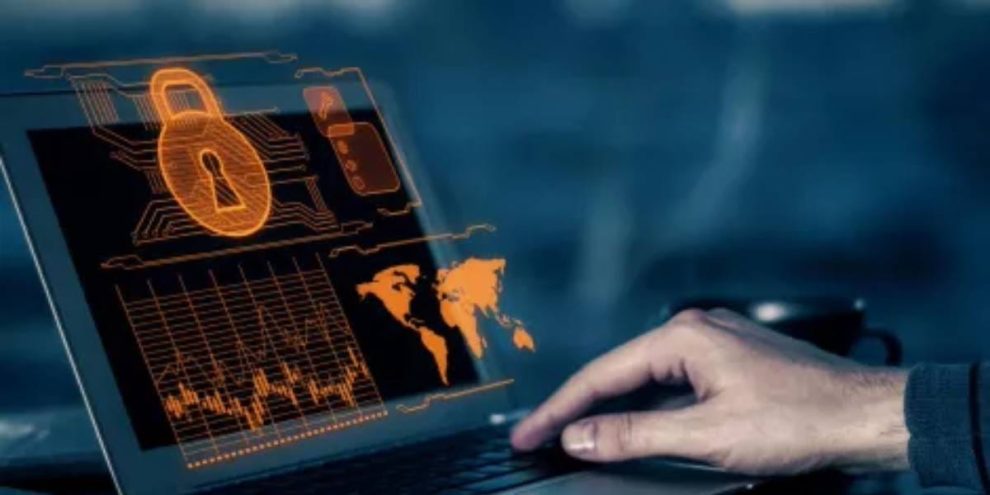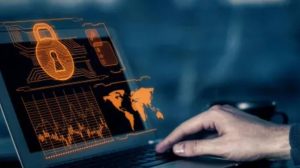In the digital age, where technology shapes every aspect of our lives, the need for robust cybersecurity measures has never been more critical. Computers are central to our personal and professional lives, and protecting them from cyber threats is essential. This article delves into the world of cybersecurity and provides guidance on safeguarding your computer in an increasingly connected and vulnerable digital landscape.
The Digital Threat Landscape
Cyber threats have evolved in complexity and scale. Hackers, with malicious intent, continually develop new techniques and exploit vulnerabilities in computer systems, making cybersecurity a constant arms race. Threats come in various forms:
- Malware: Malicious software, including viruses, trojans, and ransomware, can infect your computer when you click on a suspicious link or download an unverified file.
- Phishing: Cybercriminals send fraudulent emails or messages, posing as trustworthy entities, to trick you into revealing sensitive information, such as passwords or credit card details.
- Data breaches: These incidents involve unauthorized access to databases or systems, compromising personal information or financial data.
- Social engineering: Hackers manipulate individuals into divulging confidential information or performing actions that compromise security.
Protecting Your Computer
Safeguarding your computer involves a multi-layered approach, combining technology and responsible online behavior. Here are essential steps to enhance your computer’s cybersecurity:
1. Keep Software Updated: Regularly update your computer’s operating system, software, and applications. Updates often contain security patches that address vulnerabilities that hackers can exploit.
2. Install Antivirus Software: Use reputable antivirus and anti-malware software. These programs help detect and remove malicious software from your computer.
3. Employ Strong, Unique Passwords: Create strong, complex passwords for your online accounts. Use a combination of upper and lower-case letters, numbers, and special characters. Avoid using easily guessable information, such as birthdays or names. Consider using a password manager to keep track of your passwords securely.
4. Enable Two-Factor Authentication (2FA): 2FA adds an extra layer of security by requiring you to enter a code sent to your mobile device or email when logging in. It significantly enhances your account’s security.
5. Be Cautious of Phishing Attempts: Exercise caution when clicking on links in emails, especially if they appear suspicious or are from unknown sources. Avoid sharing sensitive information with anyone via email or text unless you are certain of the recipient’s identity.
6. Backup Your Data: Regularly back up your important data to an external drive or a cloud-based service. In the event of a cyberattack, having a backup ensures that your data is not lost.
7. Keep Personal Information Private: Be mindful of the information you share online, including on social media. Cybercriminals can use seemingly innocuous details to construct convincing phishing attacks.
8. Educate Yourself: Stay informed about the latest cybersecurity threats and best practices. Awareness is one of the most potent tools in defending against cyberattacks.
9. Secure Your Wi-Fi Network: Protect your home network with a strong password and encryption. Change default router login credentials to prevent unauthorized access.
10. Monitor Your Accounts: Regularly review your bank and credit card statements for any suspicious activity. Reporting unusual charges promptly can help mitigate potential financial damage.
11. Use a Virtual Private Network (VPN): A VPN can provide an additional layer of privacy and security when browsing the internet, especially on public Wi-Fi networks.
12. Install a Firewall: Firewalls act as barriers between your computer and potential threats. They can filter out malicious data and keep your computer safe.
In the digital age, cybersecurity is an ongoing commitment. Regularly review and update your security measures to stay ahead of emerging threats. While no system can be entirely invulnerable, responsible online behavior combined with proactive protection measures will go a long way in protecting your computer and your digital life.














Add Comment